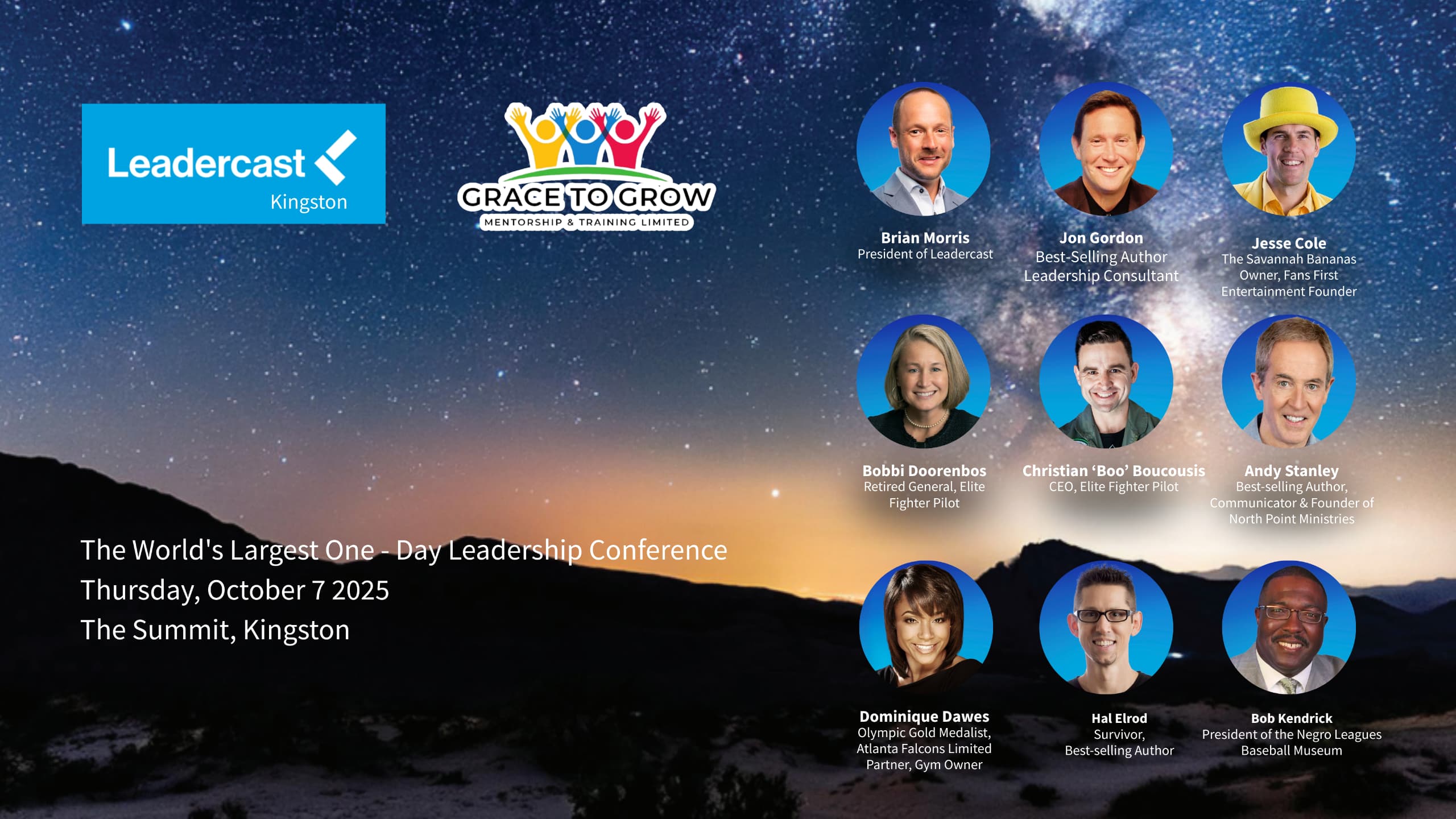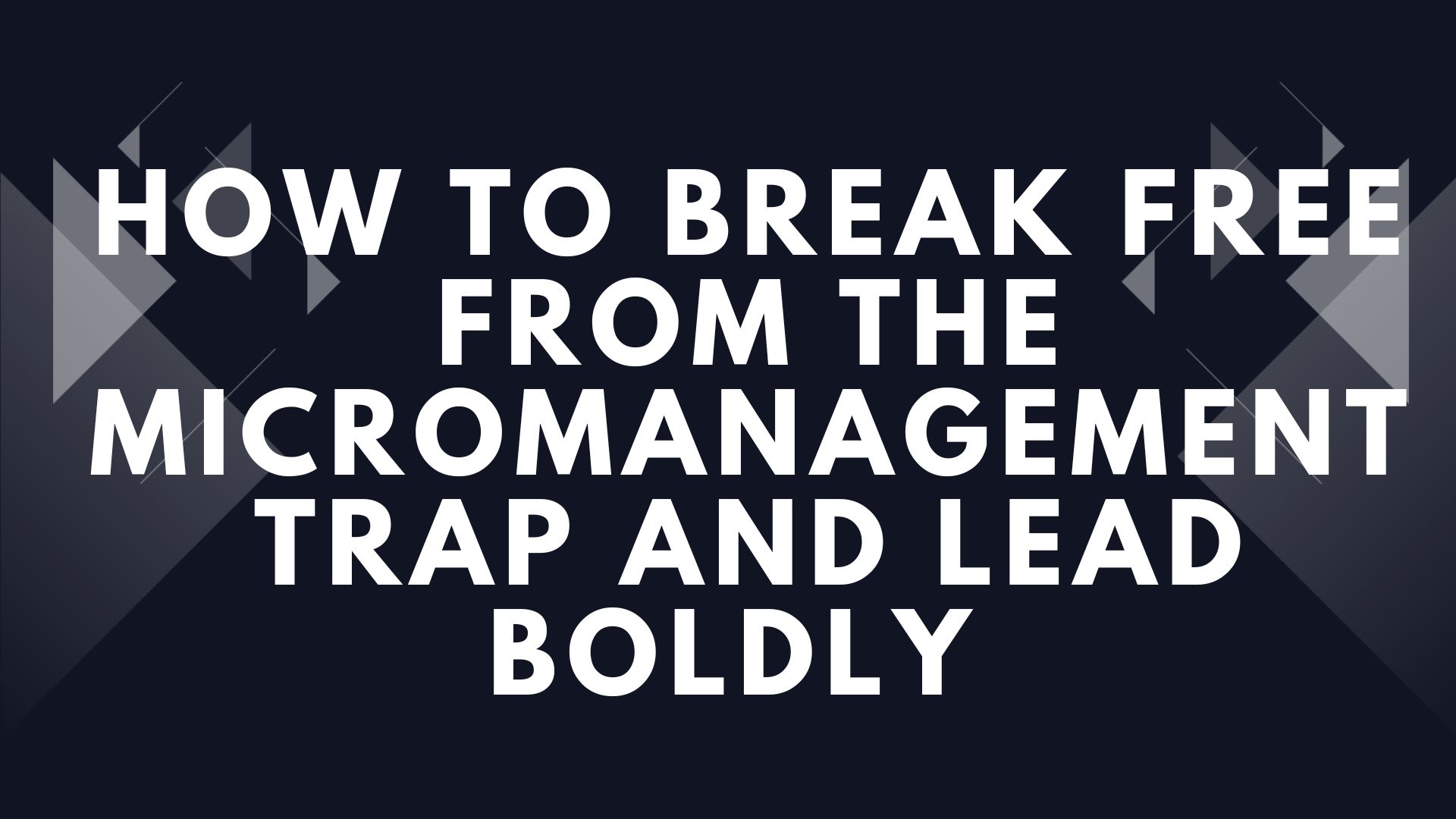[bctt tweet=”In the words of the English Poet, John Donne, “No man is an island no man stands alone”. ” username=”TheEntrepYou”]
There couldn’t be a statement more on point as it relates to building successful relations in business and in life generally.
Yet sometimes we allow our very delicate egos to get the better of us. These egos, when left uncontrolled, have a tendency to play deceive us into thinking we can accomplish mighty feats without the help of others. This is a lie – and I’ll add, as we say in church circles, ‘from the pit of hell”. Statements such as “we are stronger together”; “unity is strength” and “together everyone achieves more” are not just fancy sounding and over-used cliches. Entrepreneurs must be in constant awareness of this to allow for excellence in the pursuit of our passion.
I’ve had several opportunities to work with a number of individuals from within the Caribbean as well as the developed world. While there are no perfect relationships – they are all works in progress -, and that working with persons in the developed world has its fair share of challenges, I’ve witnessed some unfortunate success-inhibiting traits that are evident whilst doing business with some of my Caribbean counterparts.
Defining the Caribbean
Suffice it to say, defining the Caribbean in and of itself is a challenge. Although not widely used as a definition, in some instances it is based on geology (Caribbean Plate) i.e. structural features and commonalities which allow for similar tectonic, seismic and volcanic features and processes.
The Caribbean is also defined in terms of geographical location which is surrounded by the Caribbean Sea and is called the Caribbean Basin. This includes most of the islands in the Lesser and Greater Antilles as well mainland Central and North South America such as Venezuela and Colombia.
Then there is the Historical Caribbean which saw the impact of slavery, colonisation by the English, French, Dutch and the Spanish, indentureship and the plantation system. The commonality in this instance is the historical or cultural experiences that these territories shared at one time or another.
Politics also has its say in defining the Caribbean. Some nations are now independent – former colonies that are self-governing, some are Associated states – not independent and enjoy all the rights and privileges of the country that governs it. Some are still colonial dependencies, governed by other countries but do not enjoy the rights and privileges of those in an Associated state. For the purpose of this discourse, the Caribbean takes into consideration all the factors that help to define it, making it unique relative to the other parts of the world.
Gains Made
To continue, the gains made by Caribbean nationals overtime in our outlook and approach to building effective working relationships should not be discounted. However, there are much more grounds to cover. I am positive we will be able to overcome any remaining barriers to growth, leaving selfishness behind.
Our success-inhibiting traits are sometimes subtle but in some instances, the ‘small island mentality’ is quite overt. If we are not careful, realising our full potential will be an impossible task if we do not take the necessary steps to shift our thought process to get to maturity.
While my observations are not scientific and may very well be applicable to other business folks outside of the Caribbean, for the benefit of this article, I will hold all other factors constant.
Here are 7 of my observations and possible recommendations for dealing with them:
The crab in a barrel phenomenon
Many times I’ve seen where persons could assist others in getting to their next level yet they refused to do so for a number of reasons. One is that they would rather keep that individual where they are thinking if I can’t have it, neither should you. The thought process may very well be that if they help them achieve success then said person receiving assistance may outshine them. Like crabs in a barrel, with every attempt someone makes to move forward, they are being pulled down by others who view them as a threat.
We need to begin to see others as partners rather than competitors. When we start doing this we work to collaborate rather than compete.
Lack of Transparency/Lack of Trust
As Caribbean folks, we tend to keep our ideas close to our chests in the initial stage for fear that someone will steal it. We want to wait until we have attained perfection before making a move. We must remember that ideas are a dime a dozen and it’s the execution that makes the difference.
In order to gain the trust of others, we must be willing to expose ourselves and become vulnerable. There is nothing wrong in making that first move to be transparent and open with others. The liberation that accompanies this action is worth the exposure.
This is how I’ve always done it
The theory of Relativity developed by German Physicist, Albert Einstein has changed life as we know it. But probably the most profound impact he’s had is to posit that “insanity is doing the same thing over and again expecting different results”. Yet so many Caribbean folks are unwilling to unlearn their way of doing things to in order to learn a better way even when their way has not proved any form of fertility. In theory, many persons agree with this but what they practice when the rubber hits the road is another matter.
I like Abraham Maslow’s ‘4 stages of learning’ theory. Unbeknownst to us, many of us are at stage 1 in the learning process unconscious incompetence’. This is where we have no idea that we don’t know. Next is the conscious incompetence were we become aware that we don’t know it all. Then there is the conscious competence where we have become more consciously adept at doing things. It is the fourth and final stage that we aim to reach – the unconscious competence.
In order to get to this stage of second-nature capability, we must have an open mind. It is very liberating when we are at the growth level where we can humbly accept that someone’s idea may be more effective in attaining the desired result than our own.
Superiority Complex
I’ve watched with intrigue how some Caribbean nationals from some countries operate with a preconceived notion that because we are from a particular territory then we are superior to others. This is usually accompanied by a feeling of rights and entitlement.
While some Caribbean countries may have more notoriety than others because of their size, economy, culture or other factors, in the grand scale of things the islands in the Caribbean are just a dot on the globe when compared to the rest of the world.
When we think of competing on a global scale, each country cannot depend on trade within itself to achieve above average level of success.
We must think bigger than we actually are; we must recognise that on our own we can’t make it very far.
Threat of Another Successful Person
Someone once said that “if you are the brightest person in the room then you are in the wrong room”. Yet for some of us, the moment we realise that another person is as equally or more talented than us, we quickly begin to strategize how to victimise and sideline that person.
Each of us is uniquely gifted; there is no need to be jealousy of others, we only need to stay in our individual lanes and watch the magic happens.
This issue is deeply rooted in insecurity. Daily affirmations can serve as confidence boosters. This allows us to channel that energy in affirming who we are rather than spend time feeling threatened by the strengths of others. Do this for a number of days consecutively and watch how a shift in mindset takes place.
Opportunistic/Parasitic Behaviour
This is evident in the way some of us network at business events. The minute we get connected to others, our main interest becomes what can they do for us.
We should consider networking akin to going on a date. Just as there are things you wouldn’t do on a first date, apply this same principle to networking.
We want to aim to find ways to provide value to others. It really is more blessed to give than receive. When we extend our hands to others, they will feel the need to reciprocate.
Let’s aim to become a river rather than a reservoir.
Burning Bridges
Physical bridges are built to facilitate passing over an obstacle with success. We sometimes treat others as bridges to aid in the achievement of our goal. No sooner than they’ve become accomplished, the bridges are burnt.
Before we burn bridges, we must consider that we may want to cross over again. Let’s instead aim to enhance our relationships with others through careful nurturing and sensitivity.
We must make a conscious effort to esteem others as we value ourselves. As we begin to do this, we will also begin to cultivate an attitude of gratitude.
In the final analysis, there is no perfect human being but we must make every effort to be our best selves. As we consciously seek growth, not just in terms of our economic pursuits but in who we are deep inside, our productivity will increase. It is possible for all of us to collaborate and achieve much more than we could ever do on our own.
After the Caribbean is a beautiful place filled with beautiful people which are our greatest asset.
Let’s do it!
Heneka Watkis-Porter is a serial-entrepreneur, IBI Ambassador, cultural ambassador, sociologist, author, speaker, fashion designer and podcaster. She wakes up every day with a grateful heart as she lives her purpose of “life transformation through inspiration”. She is the leading lady behind Patwa Culcha International, the company that owns the authentic Jamaica clothing brand, Patwa Apparel.








